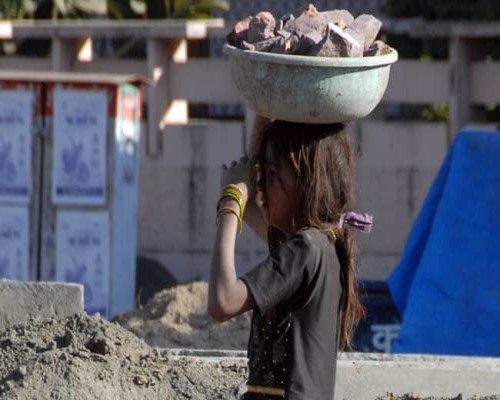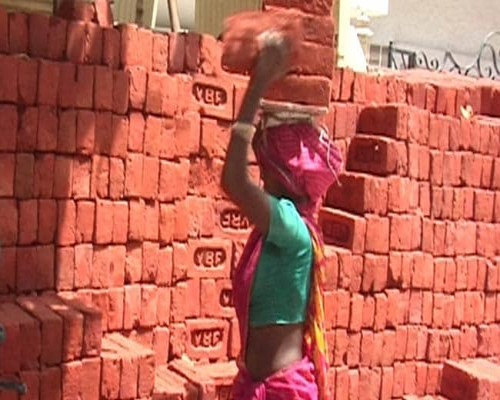Event
भारत में श्रम कल्याण का विकास
- Date: Jan 11 To Nov 30

India‟s labour policy is mainly based on labour welfare measures and legislations. The labour legislations of India after independence derive their derivation, stimulation and strength mainly from the thought articulated by key national leaders throughout the period of struggle for independence, partially from the discussion of the meetings, partially from the provisions of the Indian constitution and the international labour resolutions and endorsements. The Labour legislations and reforms policy did got affected by significantly from human rights, conventions and principles being developed over the years. These fundamental rights include right to work of one‟s choice, right against discrimination, prohibition of child labour, humane conditions of work, social security, reasonable wages, and redress of grievances, right to organize and form trade unions, collective bargaining and participation in management (Indian Labour Conference, 2003). Labour welfare has not been defined properly especially in Indian context never been taken to another level, it has been always been limited to welfare legislation. At present, there are over 150 state and central laws in India which govern various aspects of labour welfare (Budhwar and Khatri, 2001; Venkata Ratnam, 1995). Unfortunately, while there is a proliferation of legislation, the implementation has been lacklustre and weak. Under the Constitution of India, labour is a subject in the concurrent list where both the Central and State Governments have right to enact legislations and that resultant in to number of labour laws have been enacted catering to different aspects of labour namely, occupational health, safety, employment, training of apprentices, fixation, review and revision of minimum wages, mode of payment of wages, payment of compensation to workmen on injuries or death or disablement, bonded labour, contract labour, women labour & child labour, resolution & adjudication of industrial disputes, provision of social security such as provident fund, employees‟ 68 state insurance, gratuity, provision for payment of bonus, regulating the working conditions for workers (Babu, 2009). The influence of labour welfare measures on development of human resource is substantial. Even though in percentage unionism in India is declining, but in absolute numbers there is rise in labour union membership. Indian labour welfare measures are now being more co-operative role and are less numbers of protests. The strong implementation of labour welfare measures with political support worker gets opportunities to develop them and open various kinds of employment opportunities.
More Images





